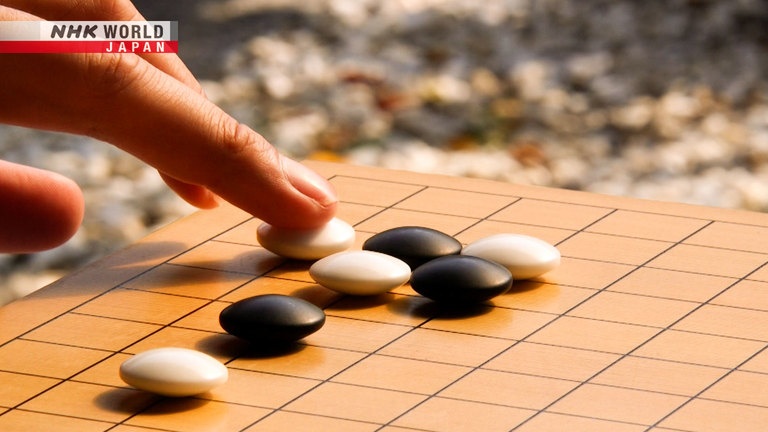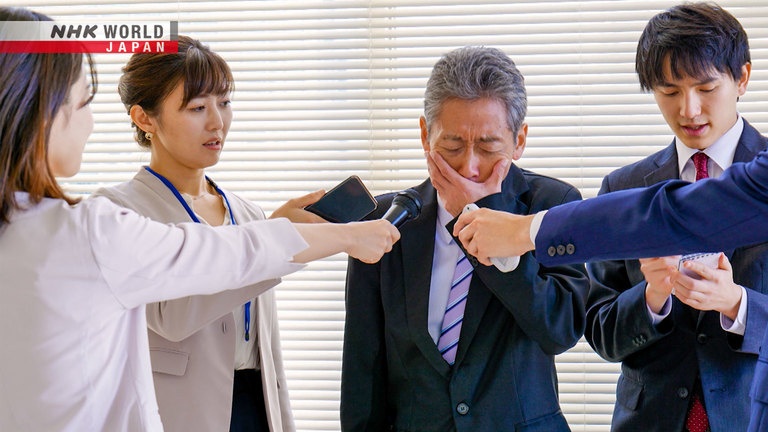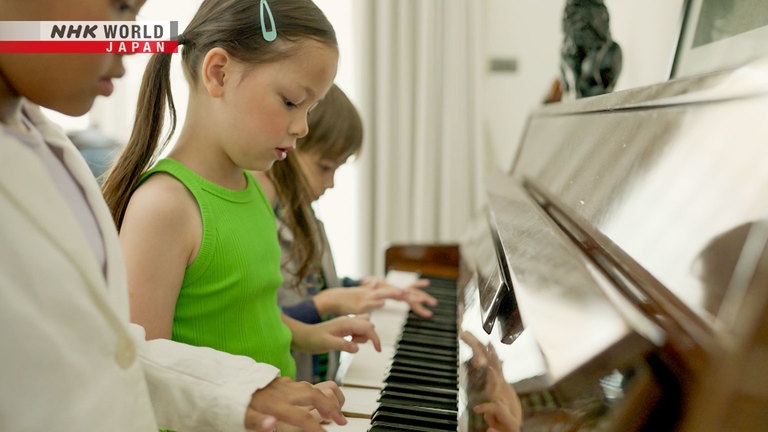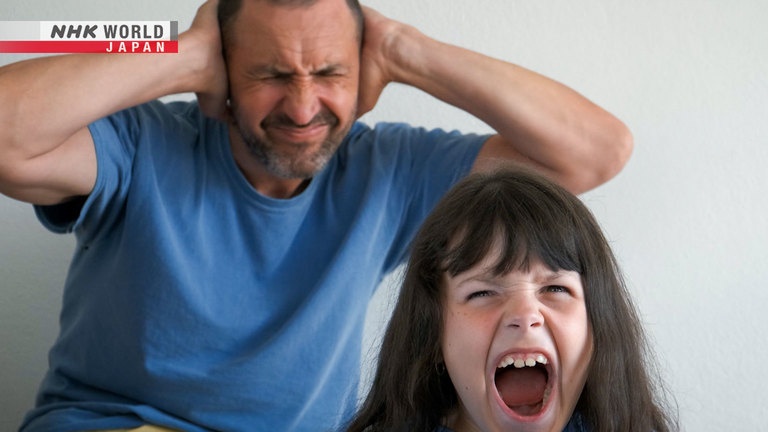Go
The Japanese language is rich in words and expressions influenced by nature, history and culture. This episode focuses on the many words born from the ancient board game, Go, that are now a part of everyday speech.




Transcript
"Yukigesho."
"Karakurenai."
The Japanese language is rich in unique expressions that reflect nature and culture.
Magical Japanese.
Today's theme is "Go," an ancient board game that's said to have originated in China.
Go has been enjoyed in Japan for more than a thousand years.
It's been gaining new fans thanks to "Hikaru no Go," a popular Japanese manga,
and "AlphaGo," an artificial intelligence program that beat top professional Go players.
Hello! I'm Peter MacMillan.
Go is a game in which two players take turns placing black and white stones to surround bits of territory.
The player who captures the most territory wins.
Aficionados from all over the world play this game, including Bill Gates.
During the Edo period, the shogunate actively endorsed Go,
going as far as to hire Go masters to both popularize and study the game.
From there, it came to be played nation-wide.
The spread of Go is reflected in the large number of Go-related words and expressions
that have become a part of everyday speech.
"ichimoku oku."
"Ichi" is the number one, and "moku" is a unit for counting go stones.
"Oku" means "to place."
As in chess, making the first move is said to be advantageous in Go.
When the players are at different levels, the weaker player sometimes takes the first move.
This is called "ichimoku oku" - "place one stone."
The phrase has come to mean "to respect or acknowledge someone with outstanding skill."
His presentations are always so good.
Yes, even the manager "ichimoku oku" - admires him.
"ichimoku oku."
"ichimoku oku."
"gote ni mawaru."
"Gote" is the player who goes second.
"Mawaru" means "to put yourself in a position."
Going second puts one at a slight disadvantage.
The expression has evolved to mean dragging one's feet or failing to address something quickly.
These days it is often used to criticize a slow response.
That company's president was finally fired after the scandal.
He should have been quicker to apologize and explain.
This is what happens when you "gote ni mawaru" - don't get out in front of things!
"gote ni mawaru."
"gote ni mawaru."
When there's a particularly bad case of "gote ni mawaru,"
people might say "gotegote," repeating the "gote" for emphasis.
Let's move on now to some other Go-related expressions.
"joseki."
"Jo" means "laid down" and "seki" is a go stone.
"Joseki" are sets of standard winning strategies in Go.
The word is now used widely to mean a conventional approach.
You always surprise me with your new products.
How do you get your ideas?
I try to break away from the "joseki" - standard ways of thinking.
"joseki."
"joseki."
"fuseki o utsu."
"Fuseki" is the configuration of stones on the Go board at the early stages of a game.
Here, "utsu" means "to place a go stone."
The "fuseki" is said to greatly affect the outcome of the game.
So, the expression "fuseki o utsu" means "to prepare strategically for future events."
Your child is learning piano, programming, drawing, swimming...
isn't it too much for a 5-year-old?
I want to "fuseki o utsu" - lay the groundwork - for her future.
"fuseki o utsu."
"fuseki o utsu."
"mokuromu."
Here, "moku" is where you place the go stone.
"Mokuromu" originally meant analyzing the gameboard and planning your strategy to decide where to place a stone.
It has come to mean devising a plan to achieve a goal that works to your advantage.
He's diligently scouting locations as he "mokuromu" - aims - to build a coffee chain empire.
"mokuromu."
"mokuromu."
Let's go over the rules of Go.
If you surround your opponent's stones, you can take them, and the empty space becomes your territory.
The objective of Go is to capture more territory than your opponent.
So, what about this case?
There is one open spot, but neither the black nor white player has completely surrounded it.
There is a word for this kind of spot that neither side can capture,
and it has worked its way into several expressions.
"dame."
"Da" means "worthless," and "me" is the spot where a go stone is placed.
"Dame" originally meant a place on the board that no longer has bearing in the game.
It's also now very commonly used to mean "no" or to signal that something's not acceptable or not good.
"Dame" - No! Don't throw him away!
He's my buddy!
"dame."
"dame."
"damedashi."
"Dashi" in this case means "to bring up."
In other words, "damedashi" means "to bring up all the bad points"
so that someone can work on them and get better.
For example, you might be at the office and overhear a conversation like this:
I told you to double and triple check your presentation slides for typos, but look! It's still riddled with mistakes!
Oh, really? Sorry!
His "damedashi" - bringing up all the bad points - is having no effect.
Let's close with one more expression.
"kekkyoku."
This word combines "ketsu," meaning "the ending," with "kyoku," which is the name for a go match.
It used to refer to the end of a match, but it's now widely used to mean "at the end" or "finally."
Are you still going out with him?
"Kekkyoku" - At the end-I broke up with him.
He was such a terrible driver!
"kekkyoku."
"kekkyoku."
So, what did you think of these Go-related expressions?
"Kekkyoku" - in the end - what I really wanted to say was, how interesting the Japanese language really is!
See you next time! Bye!